Pig farms can restart in Belgium’s ASF zone
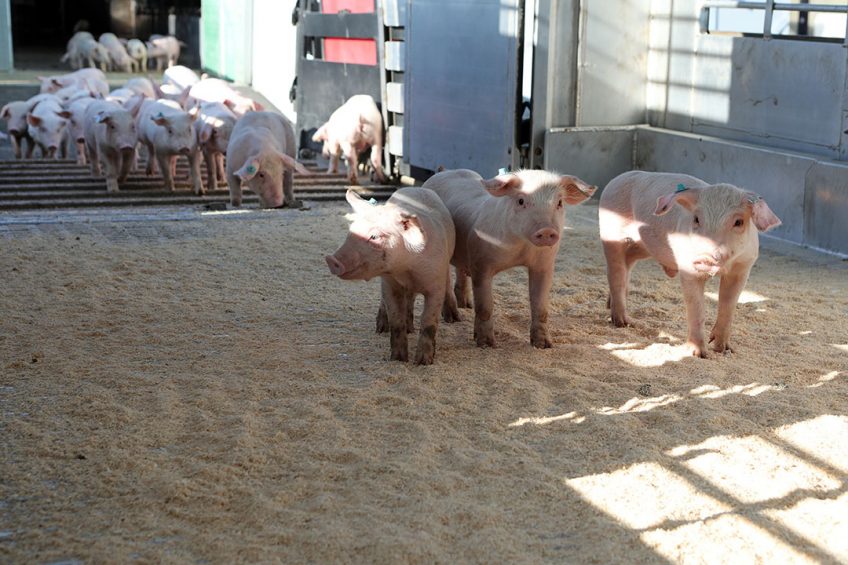
Belgium has started the repopulation of pig farms located in the southern region that was hit by African Swine Fever (ASF) between 2018 and 2020.
Those farms are located in the south of Luxembourg province, adjacent to Luxembourg the country. Permission to repopulate was given on January 25, following the confirmation by the EU that Belgium’s wild boar herd is free from ASF, on October 1, 2020; and by the World Organisation for Animal Health (OIE) on December 22, 2020.
In total: 67 pig farms depopulated
The news of the permission was shared by the Belgian Federal Agency for the Safety of the Food Chain (FASFC). In total, 67 farms had to be depopulated in September 2018 when ASF was detected amongst wild boar in that area. As the area is not densely populated with swine farms, 4,150 pigs had to be culled. In addition, they had to remain ‘empty’ for at least 18 months, something which was compensated by the authorities.
Apart from the repopulation, Belgian authorities will also relax transport regulations for pigs. It has become possible again to pick up pigs from various farms by using just one truck. In addition, it is possible to deliver a truck load of breeding pigs at more than one facility. The FASFC does remind pig producers, however, to continue to keep biosecurity measures in mind.
End of 2 years of ASF emergency policies
The withdrawal of these special measures means an end to over 2 years of emergency policies. Rules with regard to cleaning and disinfection of transport vehicles as well as proper farm hygiene continue to be in place.
What will not disappear either are the fences. In the surveillance area, these will continue to exist and to be maintained. Moreover, hunters will continue to search for wild boar and their carcasses, at least until late August. Any wild boar will continue to be culled and tested for ASFv. In addition, the carcasses’ DNA will be tested to monitor that no new wild boar will have entered the area.
833 infected wild boar carcasses
Belgium eventually found 833 wild boar and infected carcasses between September 2018 and March, 2020, although the last few discoveries were dry bones of animals that had died months before. In recent years, Belgium and the Czech Republic are the only European countries known to have controlled an ASF outbreak in its wild boar population – in all other countries in Europe the outbreaks are continuing and/or have even spread to domestic pigs.
 Beheer
Beheer


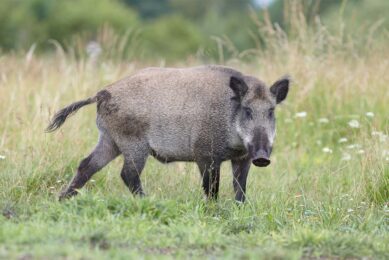
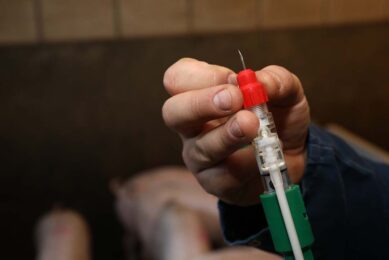
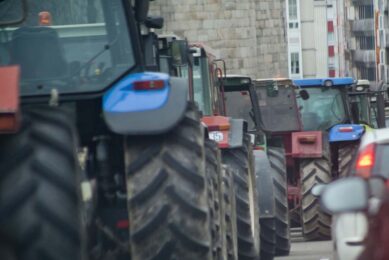
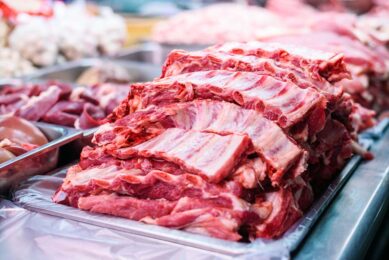



 WP Admin
WP Admin  Bewerk bericht
Bewerk bericht